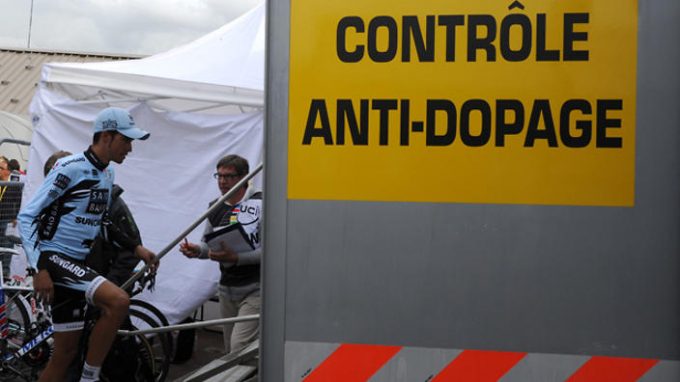The World Anti-Doping Agency (WADA) has criticized USADA for breaching global standards by allowing athletes who violated drug rules between 2011 and 2014 to continue competing without sanctions in exchange for information on other violators. This criticism follows a Reuters report exposing the practice, which conflicts with both the World Anti-Doping Code and USADA’s own rules.
“This USADA scheme threatened the integrity of sporting competition, which the Code seeks to protect. By operating it, USADA was in clear breach of the rules. Contrary to USADA’s claims, WADA did not approve of permitting drug cheats to compete for years on the promise they would try to obtain incriminating evidence against others,” the statement said.
USADA said the move was necessary
USADA has defended its practice, calling it necessary and planning to continue using it. However, WADA argues that this approach violates its code, asserting that athletes caught doping should not compete or win prizes without facing public prosecution and sanctions first.
“It’s an effective way to address these bigger, systemic problems,” USADA Chief Executive Travis Tygart told Reuters. Tygart is known to cycling fans for leading the prosecution of Lance Armstrong. He supports using doping violators to expose higher-level offenders and gather intelligence on doping and trafficking networks. “If agents or others are preying on athletes and trafficking, I think it’s totally appropriate.”
Athletes caught for EPO, steroids
WADA’s statement revealed that at least three athletes who committed serious doping violations were allowed to compete for years as USADA informants. This was without notifying WADA or adhering to any rules permitting such actions.
UCI proposes cash for whistleblowers’ motor doping intel at Tour
“In one case, an elite athlete who competed in Olympic qualifiers and international events admitted to using steroids and EPO. But they were permitted to continue competing until retirement. Their case was never published, results were never disqualified, prize money was never returned, and no suspension was served. The athlete was allowed to compete as if they had never cheated,” the statement continued.
USADA asked WADA to keep names private
USADA informed WADA of the situation and requested that consequences for the athletes not be publicized. This was due to security concerns. After confirming the threat with its Intelligence and Investigations…
Click Here to Read the Full Original Article at Canadian Cycling Magazine…

